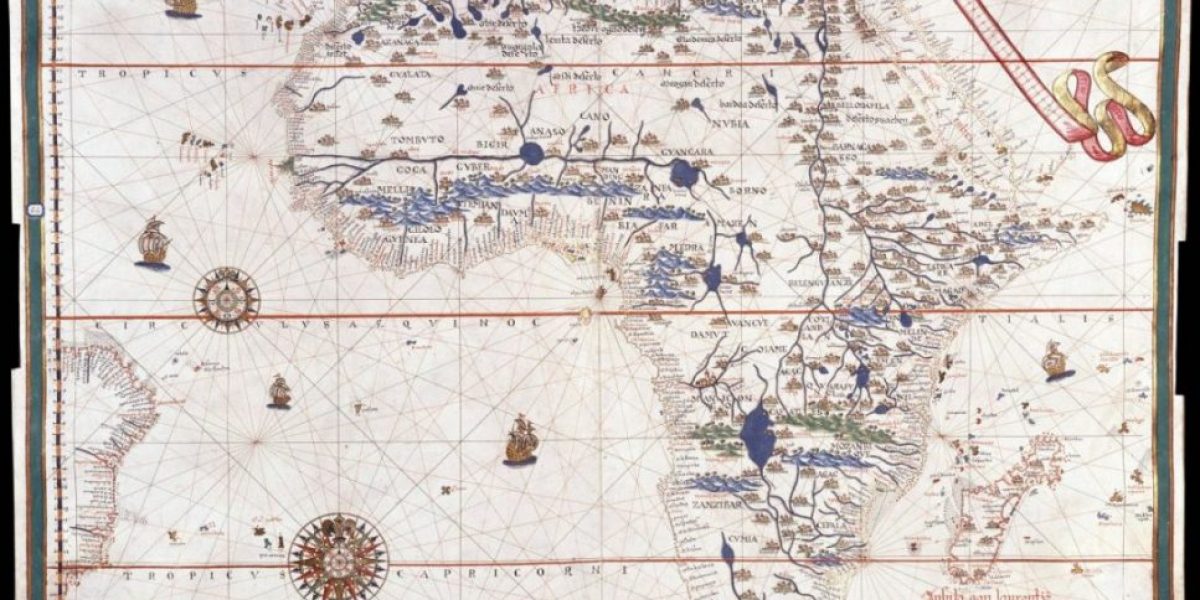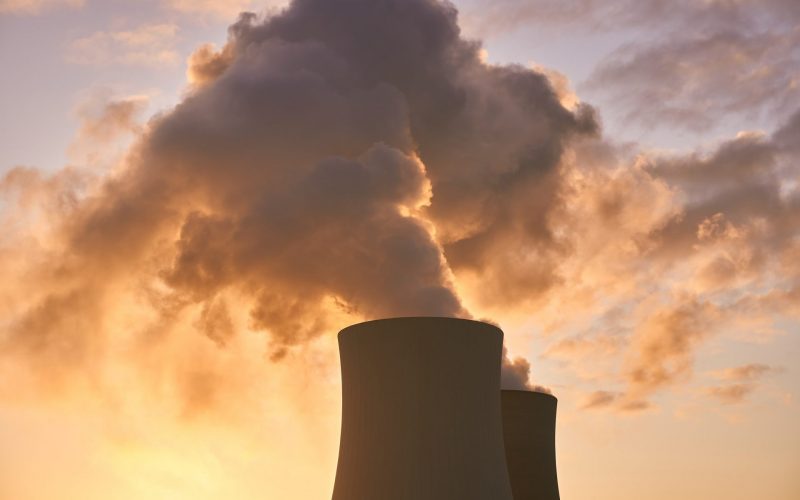The yearning for dignity and self-determination is intrinsic in man. Their denial to some is rightly an offense to all. It follows, therefore, that every defeat of evil moves all of civilisation forward.
But at the risk of sounding glib, the toppling of the governmental and statutory structures of colonialism, apartheid and segregation was the easier task. It took the children of Africa – men like Nelson Mandela and Martin Luther King, Jr. – to demonstrate to our age the perversity of injustice: that the burden of freeing the oppressor falls to the oppressed. That work, thankfully, is done. Yet victory places an even greater burden on the previously disadvantaged.
At a time when Africa aspires to take ownership of its future, a critical question arises: Why are those societies liberated by movements that espoused inclusivity so intolerant of the freedoms they paid so dearly to attain? There are important continental ramifications to this question. There is little hope for Nepad when countries regard the most fundamental principles of democracy with ambivalence.
The greatest threat to emerging democracies is the loss of collective memory. As populations grow rapidly younger, it becomes easier for the ruling elite to assert its legitimacy by reinterpreting the past. The consequences can be costly.
When liberation credentials supersede performance as the basis of power – as they have by degrees throughout southern Africa – the purpose of the struggle is obscured. When a black man is called a puppet of neo-colonialists for challenging the failures of a liberation movement in power; the victory over oppression is lost. When access to economic power is predicated on patronage, the privilege to serve is replaced by the service of privilege. When courts are gutted and the media muzzled, the right of the people to their own version of history is stolen.
Certainly, the hard-won freedoms of liberation warrant more careful guardianship of the struggle.







